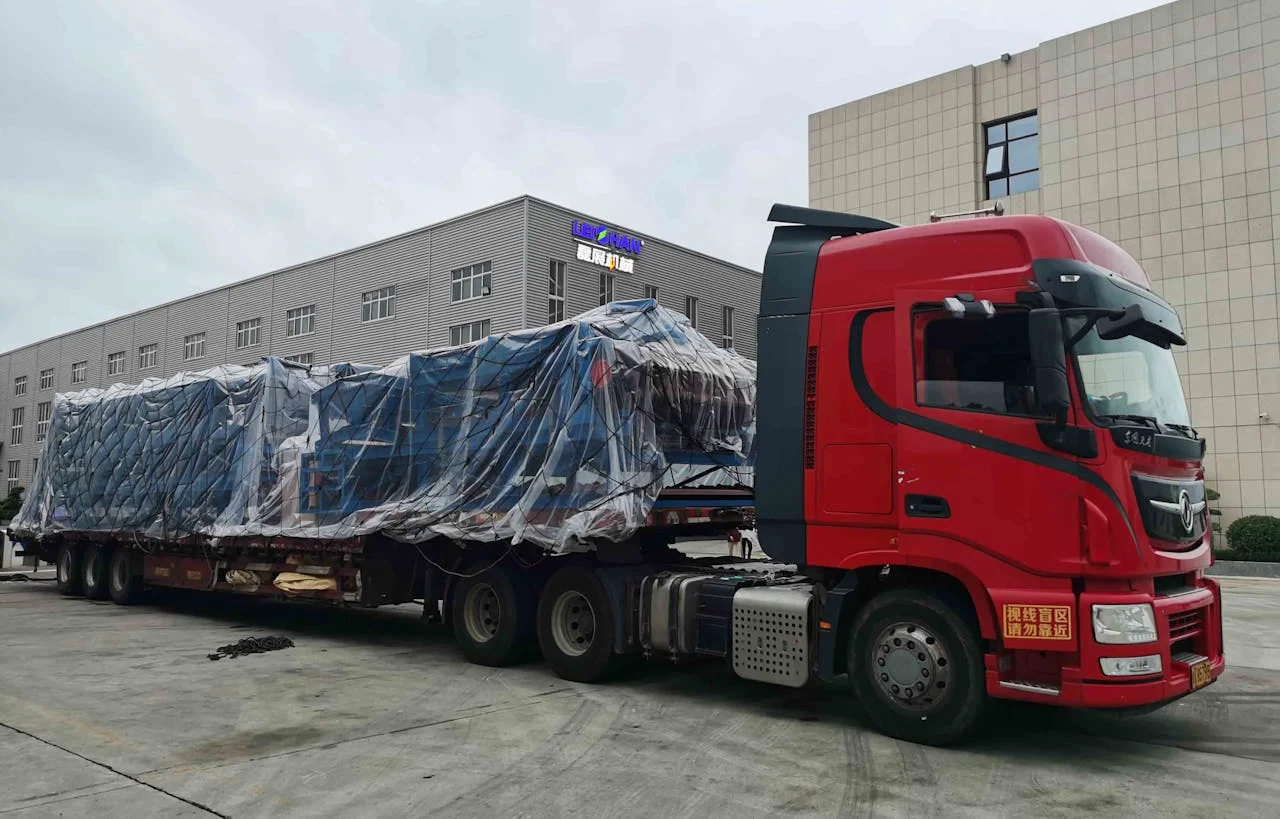
Attorney Amy Witherite, a motor vehicle accident expert and founder of the Witherite Law Group, is raising concerns about road safety after the autonomous trucking company Aurora Innovation announced it would delay deploying driverless trucks until April 2025. The company cited safety concerns as the primary reason for postponing its plans, which originally included rolling out driverless 18-wheelers on routes between Dallas and Houston in 2024—areas with ongoing major construction projects.
“The delay provides a temporary reprieve for Texas drivers, but the financial pressure on companies like Aurora to launch these vehicles remains immense,” said Witherite. A drop in Aurora’s stock price following the announcement underscores the intense competition in the driverless vehicle industry.
Witherite, a staunch traffic safety advocate and board-certified personal injury law specialist, expressed alarm at the lack of federal or state oversight in critical safety decisions related to autonomous vehicles. “The fact that these companies can self-regulate and make such decisions with little to no oversight should concern everyone who uses our highways,” she said.
Highlighting the dangers of deploying untested technology, Witherite added, “None of this technology has been fully and independently tested. You can’t have an 80,000-pound vehicle completely unsupervised with unproven technology on the road—it’s a recipe for fatalities.”
Lack of Federal Safety Standards Raises Concerns
The absence of federal safety standards for autonomous vehicles compounds the issue. In 2017, Texas passed Senate Bill 2205, which permits automated motor vehicles to operate on state roads even without a licensed human operator present. “The state has essentially barred local communities from regulating these vehicles, leaving safety assurances in the hands of for-profit companies,” Witherite explained.
The U.S. Department of Transportation (DOT) plans to address this gap. Its Spring 2024 Unified Regulatory Agenda includes a proposed rulemaking notice from the Federal Motor Carrier Safety Administration (FMCSA) regarding the use of automated driving systems in commercial motor vehicles.
Legal and Procedural Questions Persist
A study by the Texas A&M University Transportation Policy Research Center echoes Witherite’s concerns. While Senate Bill 2205 provides a legal framework for autonomous vehicle (AV) operations in Texas, it leaves many questions unanswered. These include issues of governance, data ownership, privacy protections, and AV compliance with traditional traffic laws.
“These unresolved issues highlight the risks of allowing autonomous vehicles to share the road with human drivers,” said Witherite. “Accountability, transparency, and safety must be prioritized over rushing this technology to market.”
As the debate over driverless trucks continues, advocates like Witherite are calling for stricter oversight and more comprehensive testing to ensure public safety before these vehicles hit the road.

